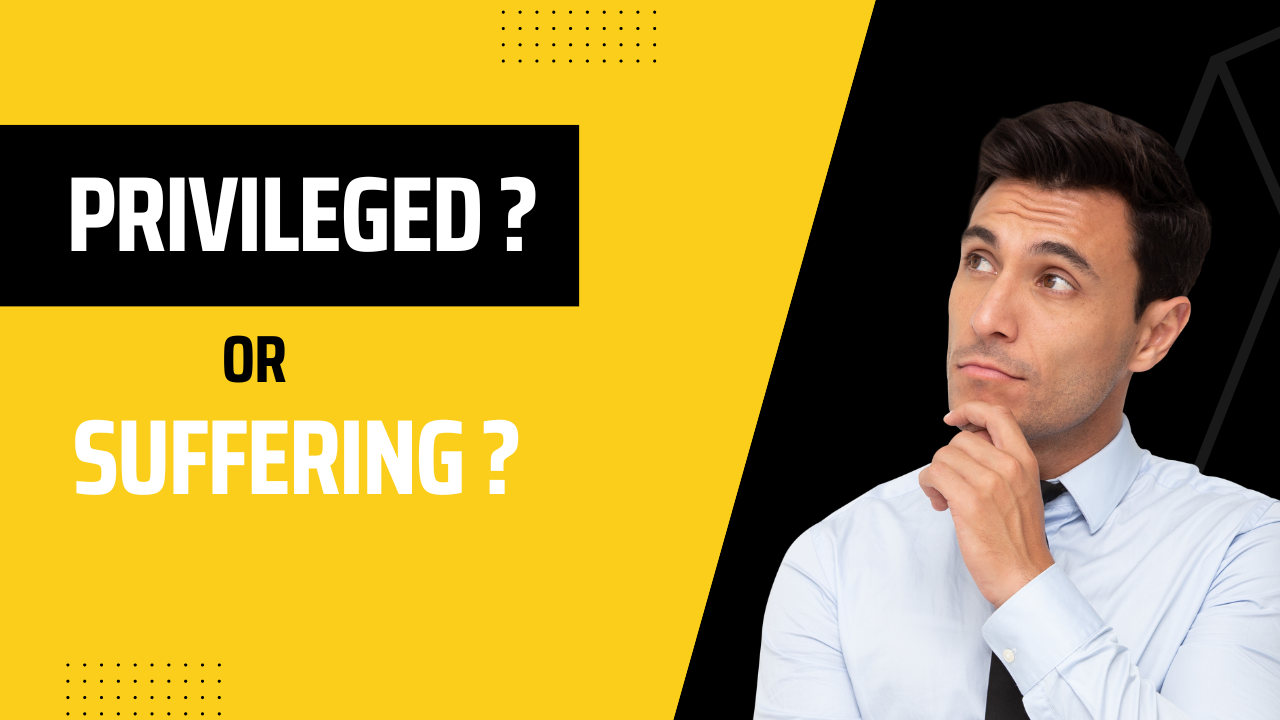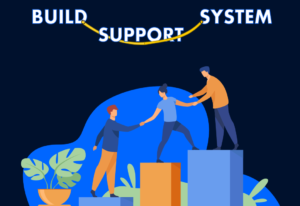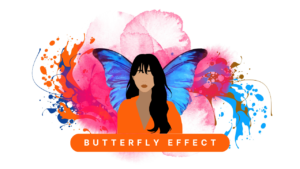At its most basic level, privilege refers to advantages or benefits that individuals have based on their characteristics or circumstances. Conversely, suffering refers to a state of distress, pain, or discomfort.
Privilege can come in many forms, such as economic privilege, educational privilege, gender privilege, and more. On the other hand, suffering can come in many forms as well, such as physical or emotional suffering, financial hardship, illness, and more. People who are suffering may experience a lack of access to basic necessities, limited opportunities for education and employment, and social exclusion, among other challenges.
It is important to recognize that privilege and suffering are not mutually exclusive. A person may experience privilege in one area of their life but suffer in another. For example, a wealthy person may experience economic privilege, but may also suffer from a chronic illness or mental health issues.
Moreover, privilege and suffering are not fixed states. An individual’s privilege or suffering can change over time, depending on their circumstances and experiences. For example, a person who was born into poverty may gain financial stability through education or hard work, while a person who was born into privilege may suffer a loss of privilege due to societal changes or personal setbacks.
It is also important to recognize that privilege and suffering are not the same for everyone. Privilege and suffering are often shaped by intersecting social identities. This means that people who share a similar identity may experience privilege or suffering differently based on their other identities and experiences.
Analyze Whether You Are Privileged or Suffering
Analyzing whether you are privileged or suffering requires self-reflection and an examination of your circumstances and experiences. Here are some steps you can take to analyze your privilege or suffering:
- Reflect on your life experiences: Reflect on the experiences you have had in your life, such as your education, employment, housing, relationships, and more. Consider how your social identities have influenced these experiences, and whether you have faced any challenges or barriers.
- Consider the privileges you may have: Think about the advantages or privileges you have experienced in your life, such as access to education, healthcare, employment opportunities, or social connections. Consider whether these privileges have been granted to you based on your social identities or circumstances.
- Examine the disadvantages you may have faced: Reflect on the challenges or disadvantages you have faced in your life, such as discrimination, poverty, illness, or social isolation. Consider whether these disadvantages are related to your social identities or circumstances.
- Evaluate your perspective: Evaluate how you perceive the world and the people around you. Consider whether your perspective is influenced by your social identities or circumstances, and whether this affects your interactions with others.
By examining these aspects of your life, you can gain a better understanding of your privilege and suffering. It’s important to note that privilege and suffering can be complex and multifaceted, so it may take time and effort to fully understand how they apply to you. Remember that acknowledging your privilege or suffering does not diminish your accomplishments or struggles, but rather helps to create a better life for you.
Changing Your Perspective
Changing your perspective from feeling like you are suffering to feeling privileged can be a difficult but important step in improving your overall well-being and mindset. Here are some steps you can take to help shift your perspective:
Practice gratitude: One of the most effective ways to shift your perspective is to practice gratitude. Focus on the positive aspects of your life, and make a conscious effort to appreciate the things you have. This can be as simple as starting a gratitude journal, where you write down three things you are grateful for each day.
Reframe your thoughts: Instead of dwelling on negative thoughts or experiences, try to reframe them in a more positive light. For example, instead of thinking “I can’t afford that”, try thinking “I am fortunate to have what I need and can save for things I want.”
Focus on what you can control: Instead of focusing on things you can’t control, shift your attention to the things you can control. This can help you feel more empowered and in control of your life.
Practice self-care: Taking care of yourself can help you feel more positive and resilient. This can include getting enough sleep, eating healthy, exercising, and doing things you enjoy.
Seek support: Sometimes it can be helpful to talk to others about your feelings and experiences. Seek out supportive friends, family members, or a therapist who can help you work through your thoughts and feelings.
Remember that changing your perspective is a gradual process, and it may take time and effort. Be patient with yourself and focus on small steps you can take each day to shift your mindset. With time and practice, you can start to see your life through a more positive lens and feel more privileged about the things you have.




